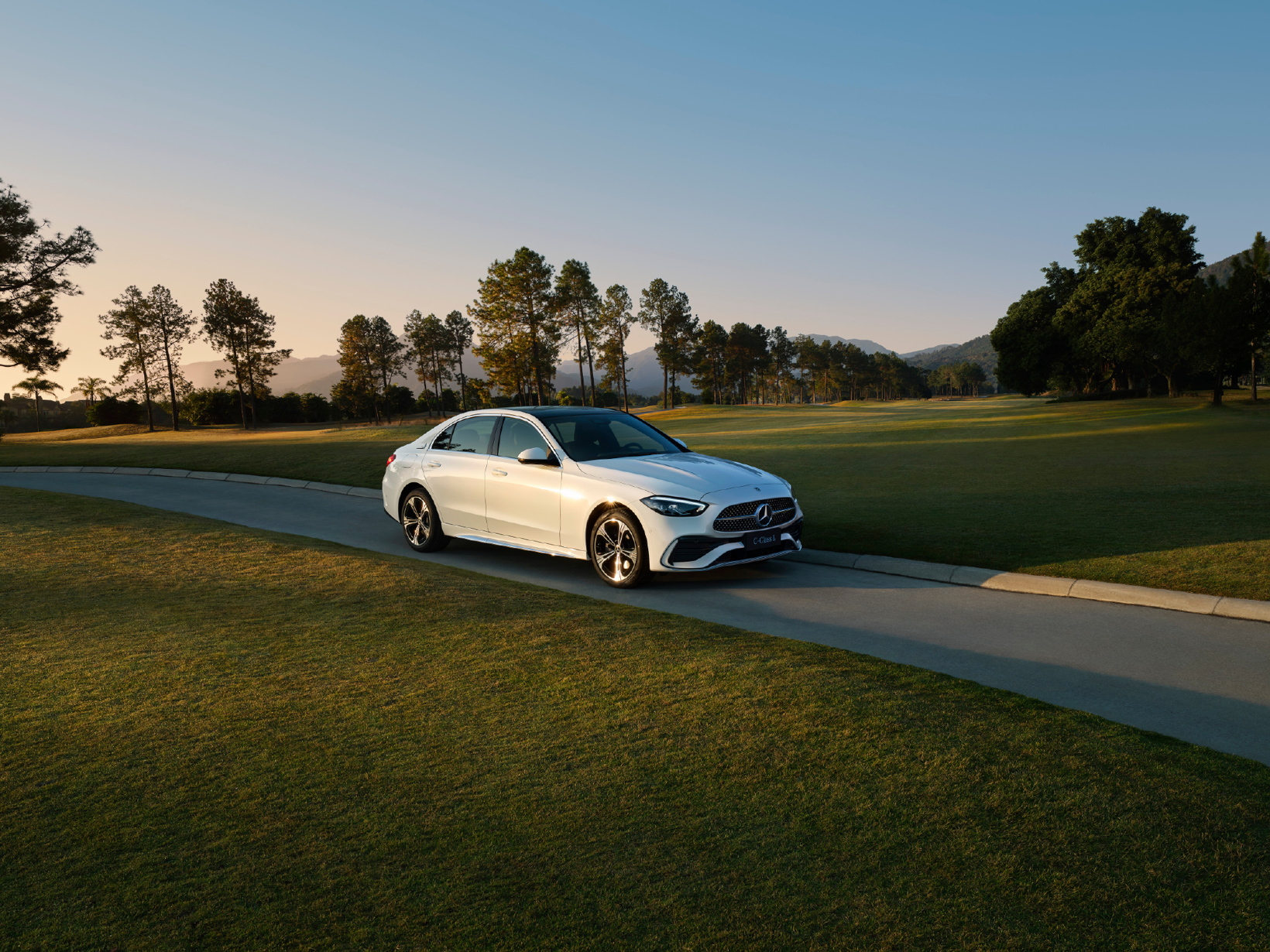On July 17, the Ministry of Finance and the State Taxation Administration released an announcement regarding the adjustment of the consumption tax policy for ultra-luxury cars. According to the new policy, which takes effect on July 20, the definition of ultra-luxury cars now includes passenger cars and light-duty commercial vehicles with a retail price of 900,000 yuan (excluding VAT) and above, regardless of the type of powertrain (including pure electric and fuel cell vehicles). Previously, the threshold was set at 1.3 million yuan. The adjustment means that cars priced between 900,000 yuan and 1.3 million yuan, which previously did not incur the tax, will now be subject to a 10% consumption tax, significantly increasing the cost of purchasing these vehicles. Industry insiders suggest that models like the Mercedes-Benz S480, Land Rover Range Rover, and Porsche Cayenne are likely to be directly impacted as their prices are closely aligned with the new tax threshold. According to reports, Mercedes holds a 48% market share in the segment of new cars priced above 1.017 million yuan, followed by Land Rover at 23%, and Porsche at 18%. Domestic luxury brands such as BYD's Yangwang and the top variant of the Zun Jie S800 will also be affected, prompting potential price adjustments. The policy presents both challenges and opportunities for domestic luxury brands. They may need to reassess pricing strategies to cope with increased costs due to the new tax. If prices are raised, it may deter price-sensitive consumers; if not, companies might need to optimize their cost structures to maintain profitability. Moreover, the policy stipulates that no consumption tax will be imposed on the sale of second-hand ultra-luxury cars, which is expected to boost the second-hand car market. This change lowers circulation costs for dealerships and enhances the cost-effectiveness of purchasing second-hand ultra-luxury vehicles, making it an attractive option for budget-conscious consumers. The active second-hand market could also positively influence new car sales, as consumers who experience second-hand ultra-luxury cars may be more inclined to purchase new models in the future. Overall, the adjustment of the ultra-luxury car consumption tax policy is a significant move in the context of the automotive industry's transformation towards electrification and the upgrading of consumption structures. While it may pose short-term challenges to the ultra-luxury car market, in the long run, it is expected to promote industry upgrades, guide reasonable consumption, and foster sustainable development in the automotive market.
China Adjusts Consumption Tax Policy for Ultra-Luxury Cars

Share this post on: